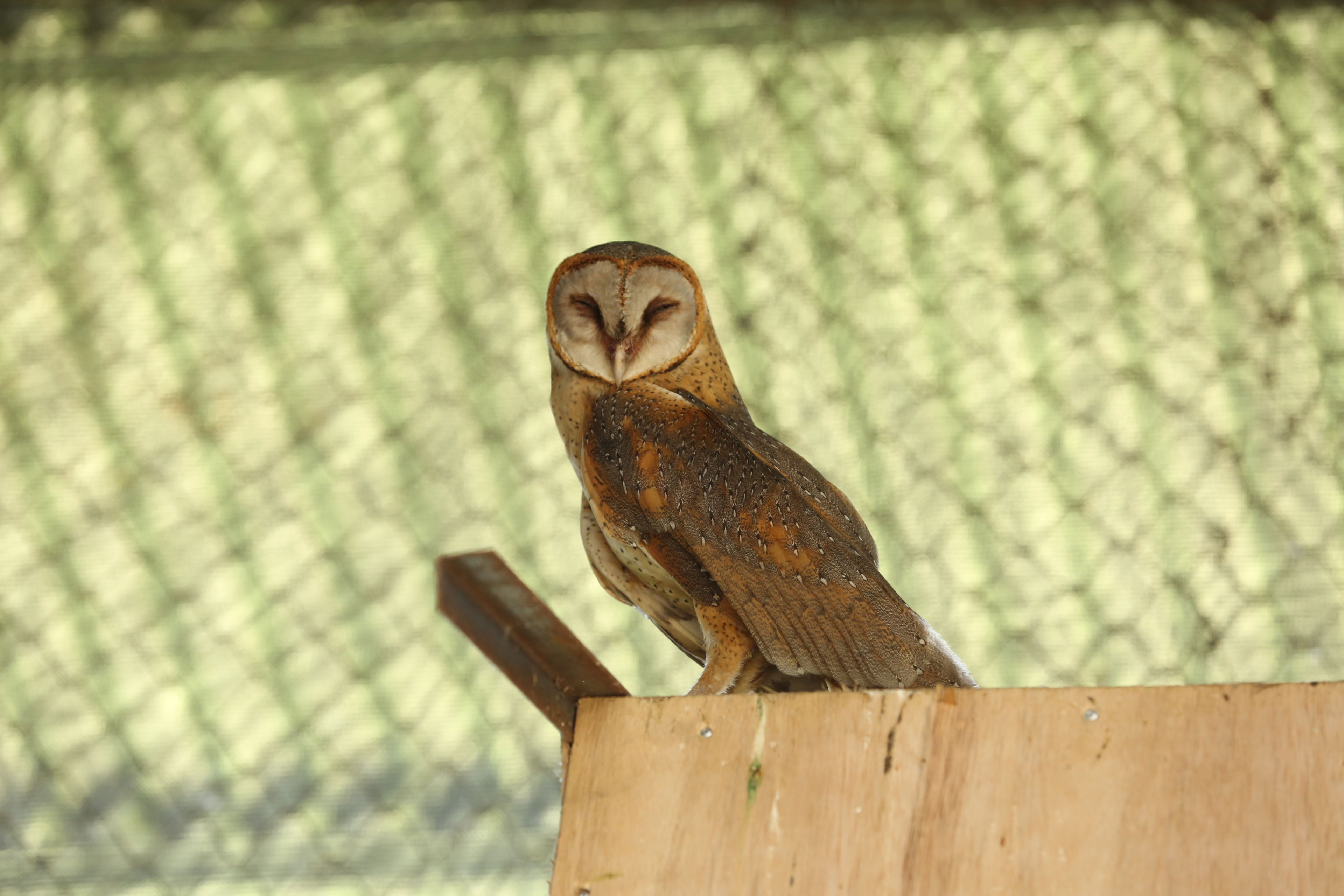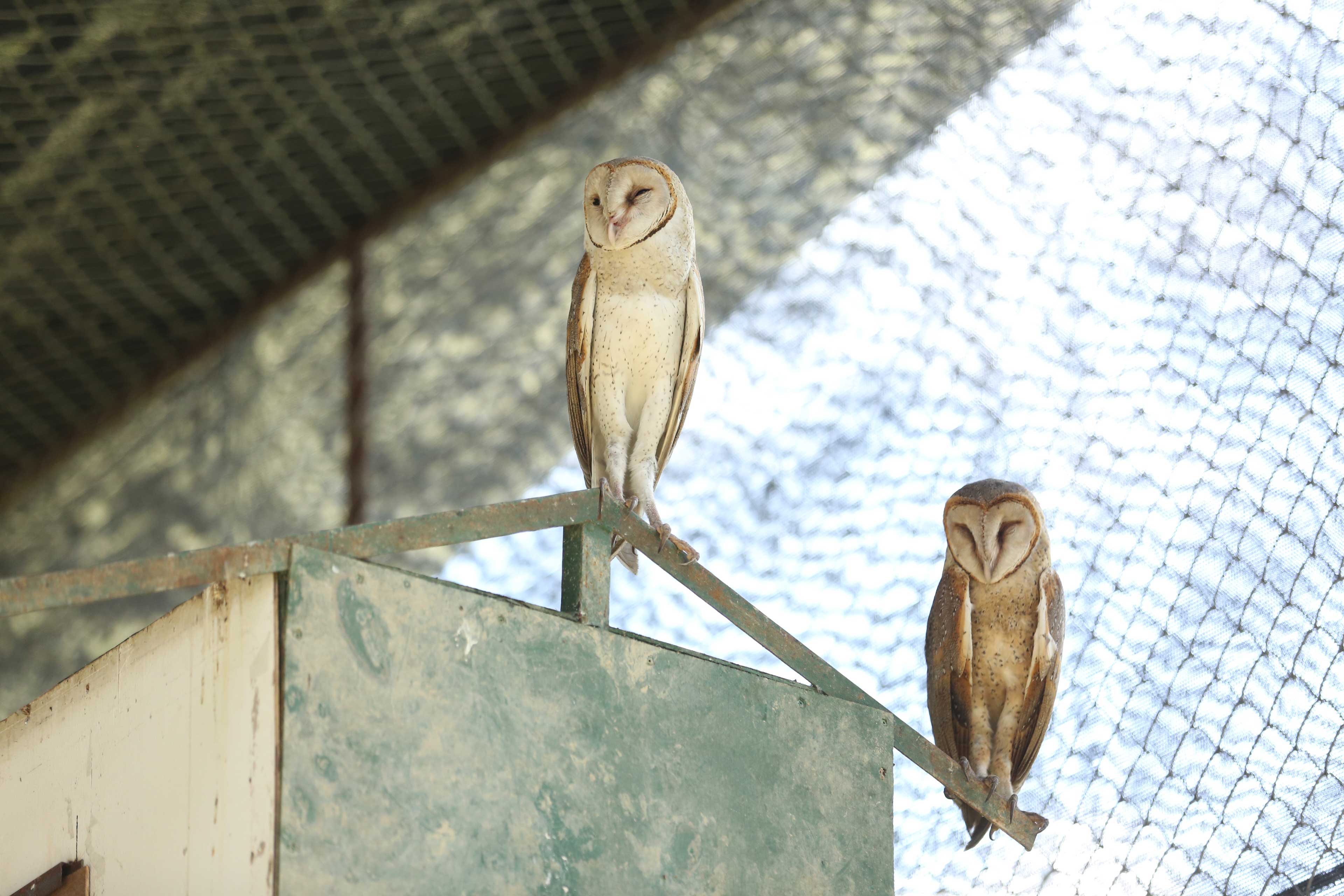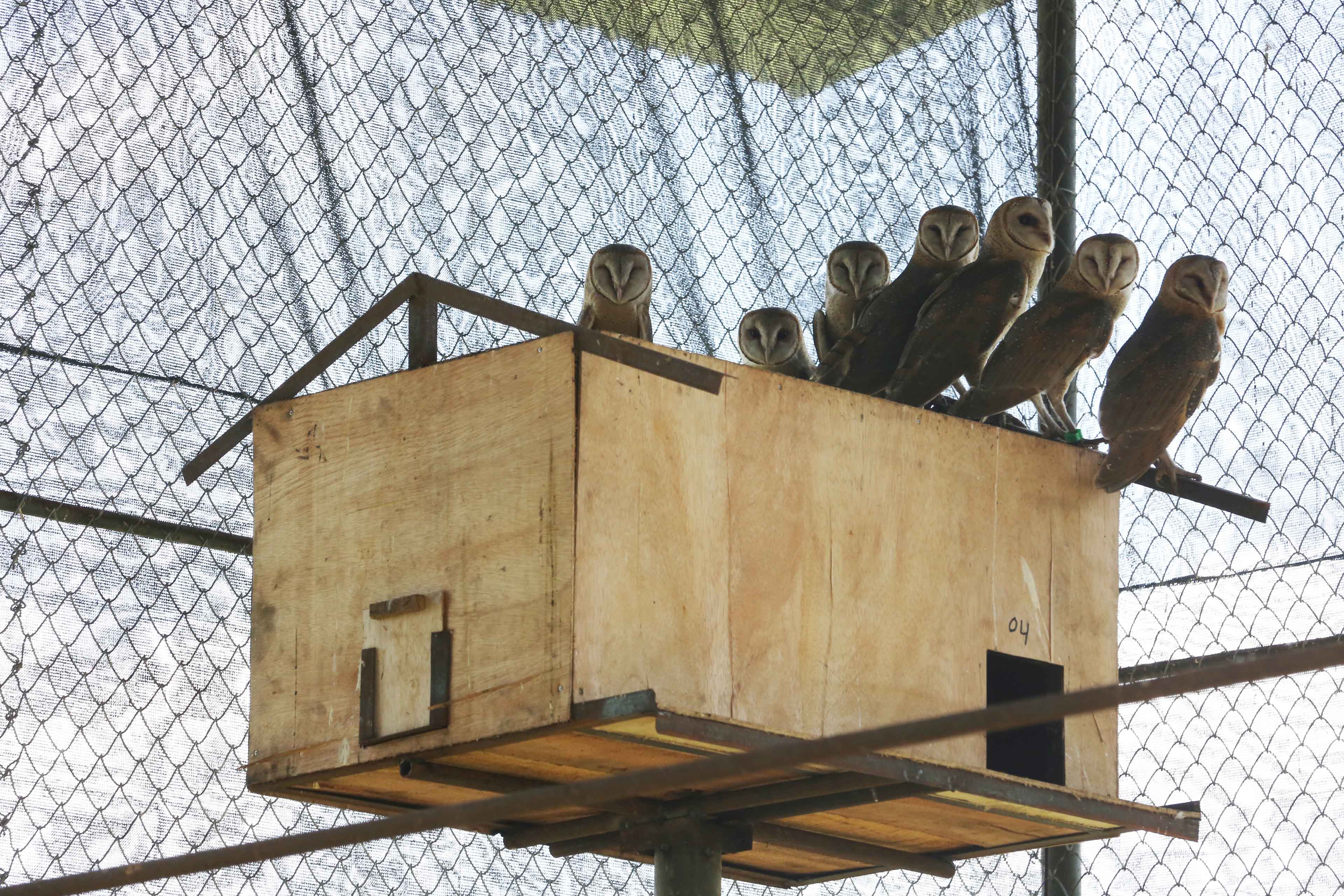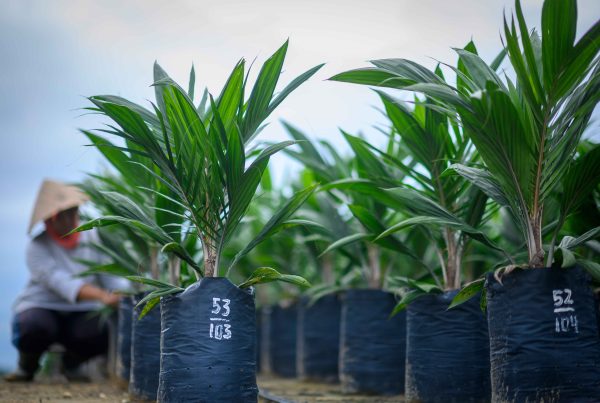With the introduction of an aviary and a barn owl breeding programme to its Integrated Pest Management strategy, Asian Agri is reducing its pesticide use to safeguard sustainable harvests

At the Asian Agri plantations, supervising planters often share a humorous saying: “These are the ‘unpaid’ employees of Asian Agri. Don’t tell HR!”
These “employees” are actually barn owls, and they play a key role in Asian Agri’s Integrated Pest Management (IPM) strategy to address pest challenges across its estates.
Asian Agri has long utilised barn owls for natural and efficient pest control. In 2024, the company launched its own aviary and breeding programme to help sustain barn owl numbers. “Native pythons have been preying on owlets, causing a decline in the barn owl population. By bolstering their numbers, we can further minimise our reliance on rodenticides,” explains Dr. Dedek Haryadi, Head of Pest & Disease at Asian Agri.
The barn owl aviary is designed to house 50 birds. The Research & Development team manages the aviary located near the COPPU facility in Pangkalan Kerinci, Riau, with Dr. Dedek and his team overseeing daily operations. Asian Agri also runs a smaller aviary in Bahilang, North Sumatra. Over the coming year, the aviary team aims to develop the ability to breed 100 pairs of barn owls, releasing them based on the needs of each plantation.
The aviary includes a mouse-breeding section to ensure a steady food supply. To maintain the barn owls’ natural hunting instincts, grown mice are released into pens where the owls can practice swooping and catching their prey. “We have approximately 900 mice on hand, to ensure we have enough supply to feed the barn owls,” says Albertus, Head Assistant at the aviary.
Despite their deadly efficiency, barn owls are highly sensitive to stress and need carefully managed conditions in our aviary. Maintaining controlled light, sound, temperature, humidity, and a steady supply of live prey is crucial for successful breeding. The move from aviary to plantation nest box is also a sensitive process. “Before being released into the plantation, barn owls must undergo a one-week quarantine period,” adds Albertus.

Advancing Responsible Production
As a leading palm oil producer, Asian Agri has set ambitious, measureable targets for 2030 to ensure responsible production and promote climate protection. As part of these goals, Asian Agri aims to reduce pesticide use by 50%, a target we have successfully surpassed. Natural interventions such as the use of barn owls will continue to be an important priority for Asian Agri. “We understand agriculture’s role in environmental sustainability, and these actions contribute to the global effort to address climate change,” says Dr Dedek.




